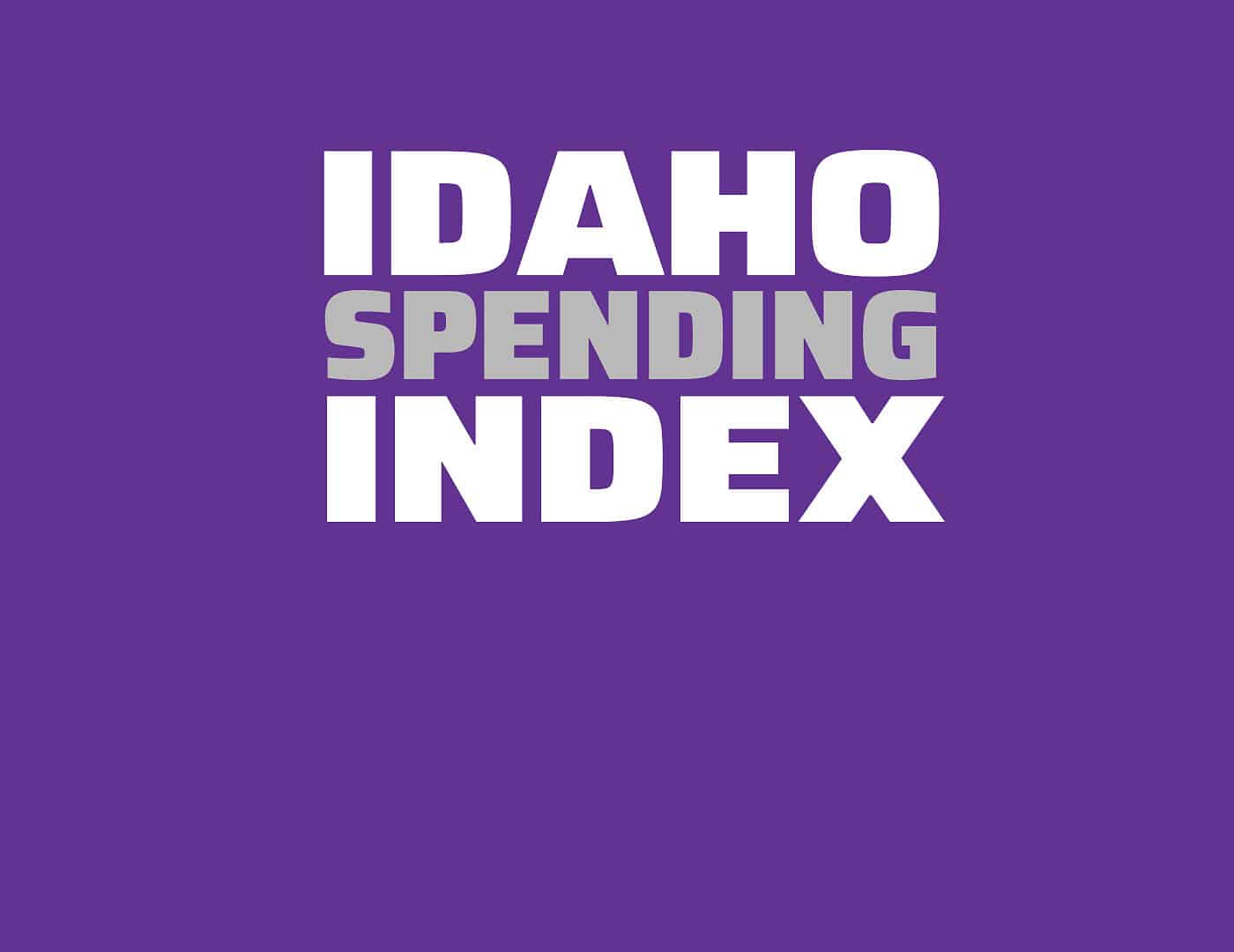


The Idaho Spending Index serves to provide a fiscally conservative perspective on state budgeting while providing an unbiased measurement of how Idaho lawmakers apply these values to their voting behavior on appropriations bills. Each bill is analyzed within the context of the metrics below. They receive one (+1) point for each metric that is satisfied by freedom-focused policymaking and lose one (-1) point for each instance in which the inverse is true. The sum of these points composes the score for the bill.
Analyst: Niklas Kleinworth
Rating: -4
Bill Description: Senate Bill 1202 appropriates $96,376,200 and 74.25 full-time positions to the Office of the State Board of Education for fiscal year 2024.
Is the maintenance budget inappropriate for the needs of the state, the size of the agency, or the inflationary environment of the economy? Conversely, is the maintenance budget appropriate given the needs of the state and economic pressures?
This legislation sets the maintenance budget for the Office of the State Board of Education at $17,466,200, growing from the base by 43.6% in the last three years. This rate is exceptionally greater than what would be prescribed by inflationary pressures and growth. This rapid growth is not due to the injection of temporary pandemic relief funds as these funds are added to the budget as line items — after the maintenance budget is calculated.
(-1)
Does this budget perpetuate or expand state dependence on federal dollars, thereby violating principles of federalism? Conversely, does this budget actively reduce the amount of federal dollars used to balance this budget?
This legislation perpetuates dependence on federal funding to sustain programs and operations within the Office of the State Board of Education by appropriating more than $47 million in funds from the American Rescue Plan Act for “COVID relief.” However, these funds are being used to sustain education programs like summer reading programs and a new math initiative. These ongoing expenses are not appropriate uses for temporary federal funds as they increase the number of future financial obligations incurred by the state.
Additionally, there are considerable strings attached to these federal funds that give the federal government undue control of the Idaho public education system. Using these funds extends this federal overreach of power.
(-1)
Does the budget grow government through the addition of new permanent FTPs or through funding unlegislated efforts to create new or expanded entitlement programs? Conversely, does this budget reduce the size of government staff and programs except where compelled by new legislation?
The department adds to the net total number of state-supported full-time positions by adding a new coordinator for the Idaho System for Educational Excellence — also known as ISEE — and a new financial specialist. The ISEE coordinator will cost $103,800 and the finance specialist will cost $72,200 in salaries, benefits, and startup costs.
(-1)
Does this budget contain hidden fund transfers or supplemental expenditures that work to enact new policy or are not valid emergency expenditures? Conversely, are fund transfers only made to stabilization funds or are supplemental requests only made in the interest of resolving valid fiscal emergencies?
Senate Bill 1202 makes a total of $21 million in supplemental appropriations for the 2023 fiscal year. $1 million in General Funds will go to promote arts in rural public schools. This funding will come in the form of grants provided to schools in cooperation with the Arts Commission. The remaining $20 million will support an initiative launched by the governor to increase K-12 school security through facility upgrades. The intent behind these initiatives is to provide grants to schools before the start of the next school year. However, these are not unforeseeable expenses, nor do they resolve any true fiscal emergencies. Therefore, these are inappropriate uses of supplemental appropriations.
(-1)


